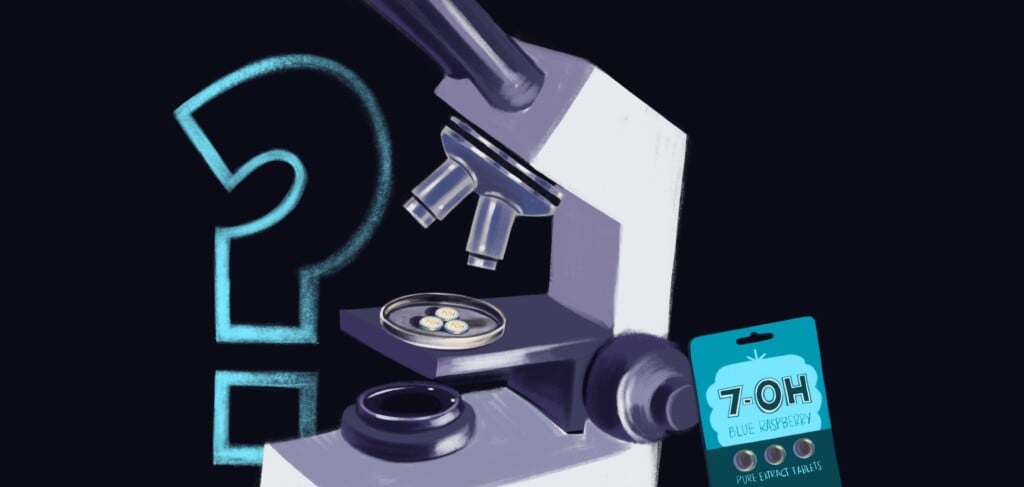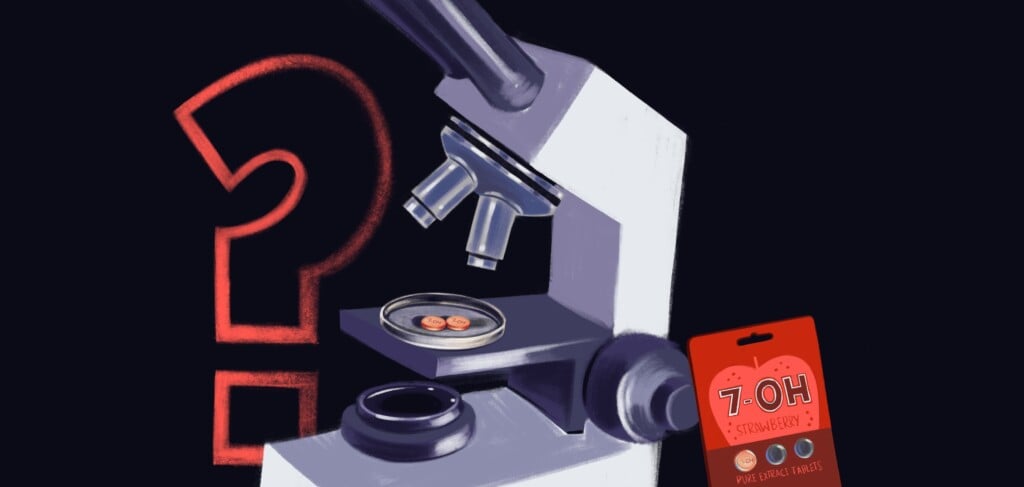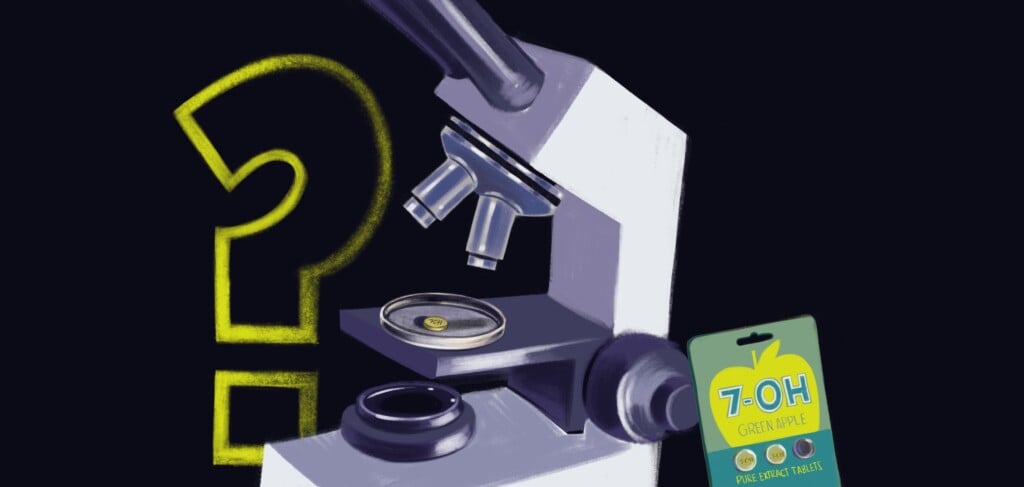War Games
With few exceptions, battles of the bands offer all the charm of a cockfight and enough musical ineptitude to make tinnitus tempting. Competitive rock has a long, sordid history in Kansas City, filled with stiffed winners, dubious decisions and onstage animosity. Such events reached an all-time low in 2001 with rogue promoter Terry Nelson‘s 64-group Tournament of Rock, which imploded within 24 hours of its first band bracket.
A year later, concert booker Jim Kilroy assembled the same number of acts for his sprawling, multivenue Club Wars. Amazingly, this time the concept jelled, uniting outfits from every edge of the hard-rock spectrum and drawing decent crowds to every round. Payments to the winners pending, Club Wars II, which closes on Friday, November 15, at the Beaumont Club with finalists Penumbra, the Sound and the Fury, Pillbox, Stonewalk, Large and Audio Kombat Arsenal, could be an unqualified success, with musicians, organizers and spectators all left satisfied.
On November 6 at America’s Pub, Alibi, a grizzled group that’s been together for twenty years, opened for a succession of modern-metal maniacs. It was the equivalent of seeing a well-practiced squad of YMCA gamers earn an at-large bid to March Madness and school the youngsters with its fundamentals, all (guitar) picks and (drum) rolls. Alibi’s time-warped melodies and lunkheaded lyrics (“Heat of the Meat”) recalled the aerosol-addled ’80s, but its tunes were tighter than an elevator stuffed with the group’s elephantine drum set. Where else could anonymous Metallica-age musicians put on a solos-and-screams clinic for the Slipknot set?
More than anything, Club Wars hammers home the importance of self-promotion. Just kicking ass live isn’t enough: A panel of Warriors all answered no when asked if a group could step onstage without pre-event hype, deliver a standout set and advance to the next round.
Club Wars also teaches bands to keep their shows energetic, a lesson that too many opponent-free acts forget. It’s one thing to go through the motions in front of a half-full club but quite another to dog it when sandwiched between rabid pit bulls. “Everyone is thinking they have to be better than the band before them,” says Audio Kombat Arsenal singer Joe Spiller, whose group recently opened for Stone Temple Pilots after winning a battle. “It makes for a great show to watch.”
Although the enthusiasm remains astronomical, the sounds diverge dramatically, incorporating almost every element on hard rock’s periodic table. No group packs quite the jackhammer jolt of Origin, the Lawrence-based sonic whirlwind that lands at the Bottleneck on Tuesday, November 19, but there’s plenty of ax grinding and larynx laceration. Neiner’s, and by extension the metal scene that congregates there, hosted bad rap — and earned one — during the regrettable aftermath of Limp Bizkit‘s breakthrough, but much heavier groups have recently taken hold. Moiré, which made Club Wars’ top ten before bowing out in the wild-card round, boasts an attack that rattles ribs and jostles innards, making spectators feel like Aliens casualties. The most brutal band in the field, Moiré played directly after mild-mannered Alibi — and both acts enjoyed a receptive response.
For years, band battles seldom featured such pleasant exchanges. The groups verbally sparred, and the run-amok contentiousness spilled over into club gigs. But strangely, Club Wars hasn’t incited any bitter rivalries; in fact, the event seems as well-humored as a pickup basketball game. Talk to any Club Wars act, and its members will start dropping the names of its “brothers” in the competition like hip-hop artists giving shout-outs. New built-for-battle bands appear each month, all of them eager to share shows with peers and refreshingly realistic about their abysmal commercial chances.
“Composing music for people and having them relate to it is success enough,” says Pillbox singer Matthew Burns.
It’s difficult to root against a guy like this, let alone 63 other acts with similar sentiments, so many observers — not to mention participants — have stopped playing favorites.
“The metal scene is the largest in the area, with the most bands, most love and most support,” Burns claims. “If one of us wins, we all win.”
War is still hell, but these Wars have helped transform a divided scene into heavy-metal heaven.




